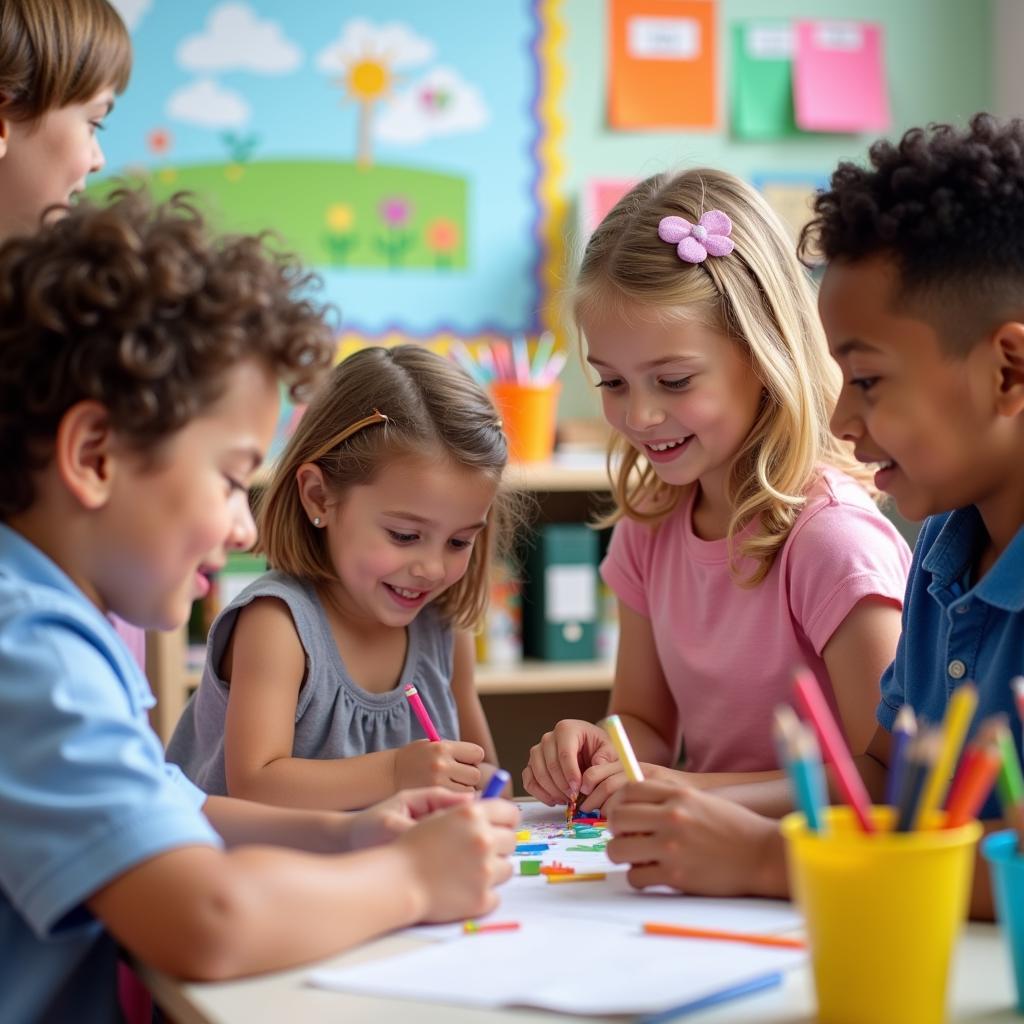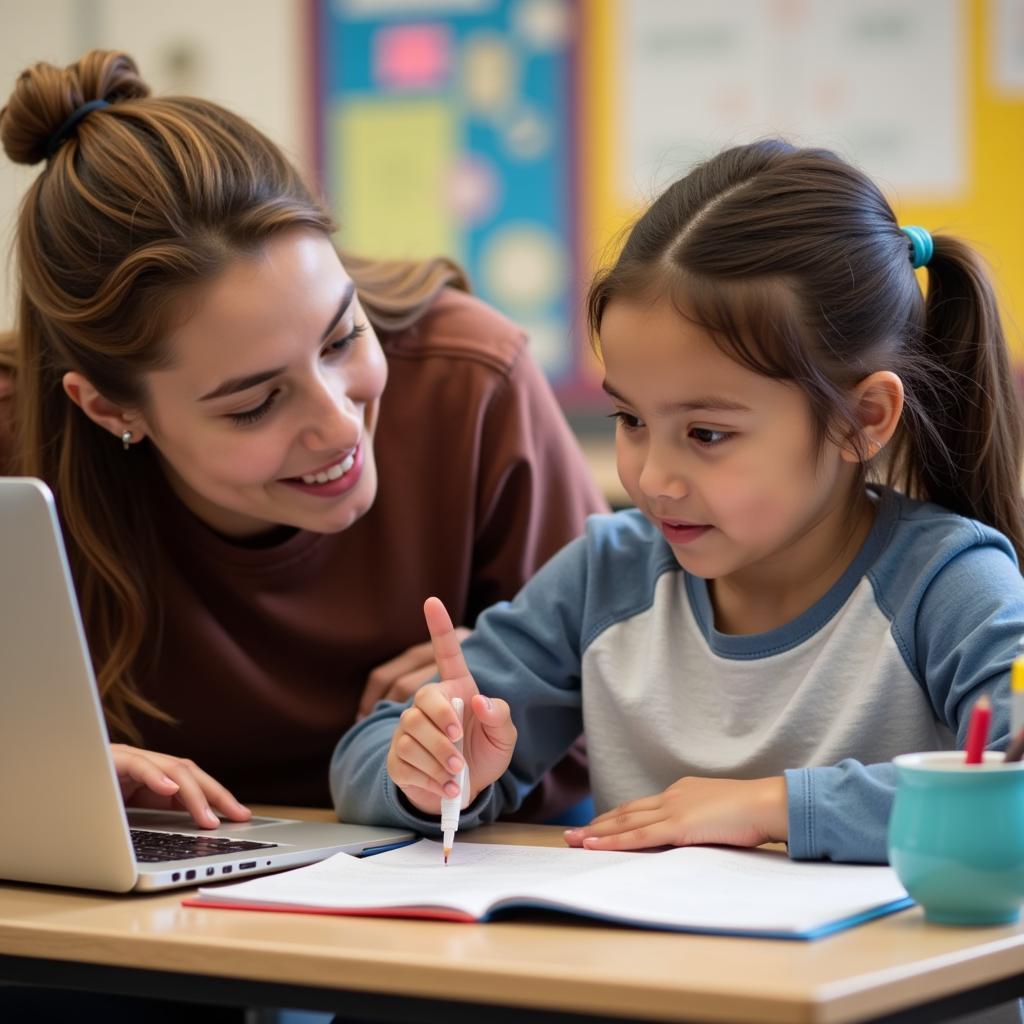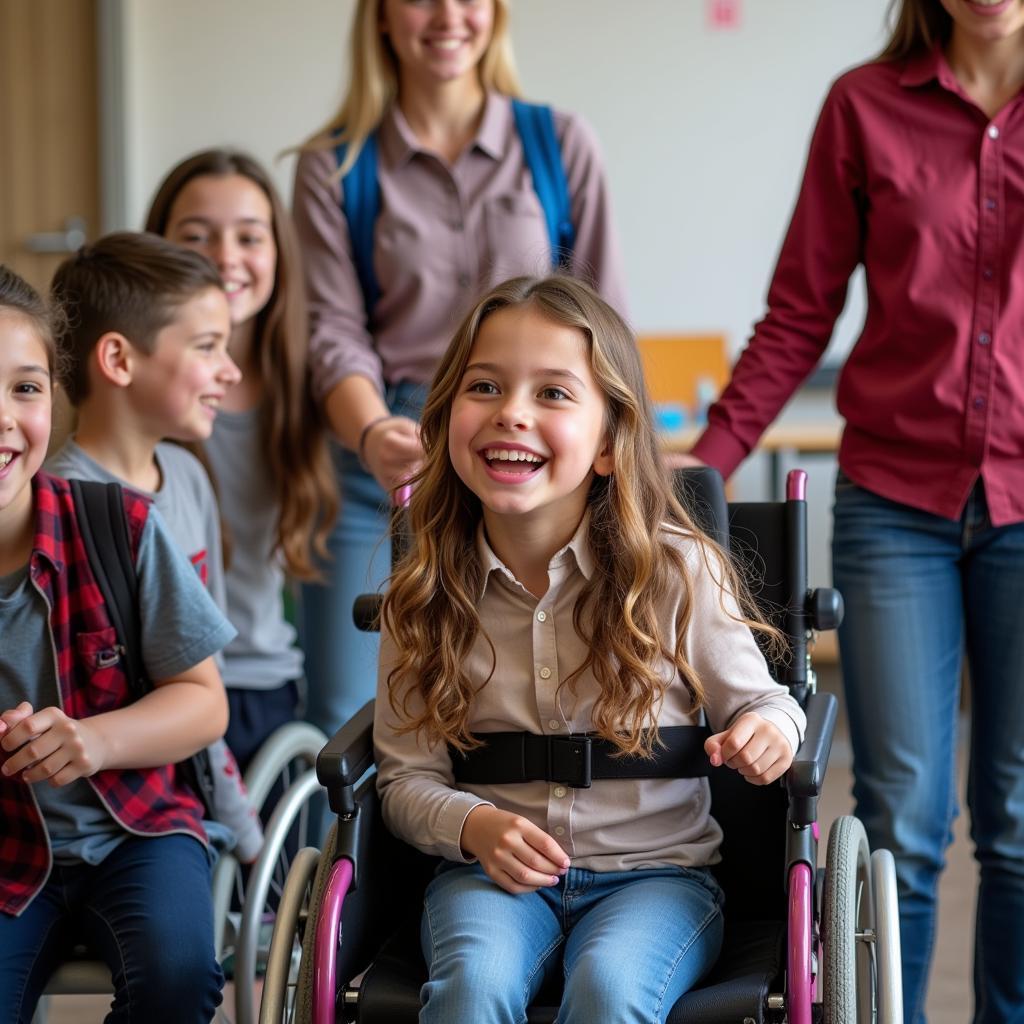Special education plays a vital role in contemporary society, addressing the unique learning and developmental needs of individuals with disabilities. This introduction to exceptionality explores the multifaceted aspects of special education, its evolution, and its significance in fostering inclusive and equitable learning environments for all.
 Inclusive Classroom with Diverse Learners
Inclusive Classroom with Diverse Learners
Understanding Exceptionality
The term “exceptionality” refers to individuals who deviate significantly from the norm in terms of physical, sensory, cognitive, or emotional functioning. These differences can pose challenges to learning and development, necessitating specialized instructional strategies, support services, and accommodations to access quality education.
Historical Perspective of Special Education
Throughout history, individuals with disabilities have often faced exclusion and marginalization. However, societal perspectives on disability have gradually shifted from a medical model that viewed disabilities as deficits to a social model that recognizes the role of environmental and attitudinal barriers in limiting participation. This paradigm shift has paved the way for inclusive practices and legislation protecting the rights of individuals with disabilities.
Legal Framework and Educational Policy
Landmark legislation, such as the Individuals with Disabilities Education Act (IDEA) in the United States, has been instrumental in guaranteeing free and appropriate public education (FAPE) to all students with disabilities. IDEA mandates individualized education programs (IEPs) tailored to each student’s unique needs, ensuring access to the least restrictive environment (LRE) where they can learn alongside their non-disabled peers to the maximum extent appropriate.
 Special Education Teacher Working One-on-One with a Student
Special Education Teacher Working One-on-One with a Student
Categories of Exceptionalities
Special education encompasses a wide range of disabilities, including but not limited to:
- Learning disabilities (e.g., dyslexia, ADHD)
- Intellectual disabilities
- Autism spectrum disorder
- Emotional and behavioral disorders
- Physical disabilities
- Speech and language impairments
- Sensory impairments (e.g., visual impairments, hearing impairments)
Principles of Inclusive Education
Inclusive education is founded on the belief that all students, regardless of their abilities, have the right to learn together in a supportive and welcoming environment. Key principles of inclusion include:
- Equity and Access: Ensuring that all students have equitable access to high-quality education and support services.
- Differentiation: Providing differentiated instruction and assessment methods to cater to diverse learning styles and needs.
- Collaboration: Fostering collaboration among educators, parents, specialists, and students to develop and implement effective educational plans.
- Community and Belonging: Creating a positive and inclusive school climate where all students feel valued, respected, and empowered to reach their full potential.
The Role of Special Educators
Special educators play a crucial role in advocating for the needs of students with disabilities and collaborating with general education teachers to provide appropriate support. They possess specialized knowledge and skills in:
- Conducting assessments to identify students’ strengths and needs.
- Developing and implementing IEPs.
- Adapting curriculum and instruction.
- Utilizing assistive technology.
- Providing behavioral and emotional support.
- Collaborating with families and other professionals.
 Students with Disabilities Participating in a School Event
Students with Disabilities Participating in a School Event
Conclusion
Special education is an integral part of contemporary society, striving to create inclusive and equitable learning environments for all students. By embracing the principles of exceptionality, fostering collaboration, and providing specialized support, we can empower individuals with disabilities to reach their full potential and lead fulfilling lives. As we continue to advance our understanding of diverse learning needs and promote inclusive practices, we create a more just and compassionate world for everyone.